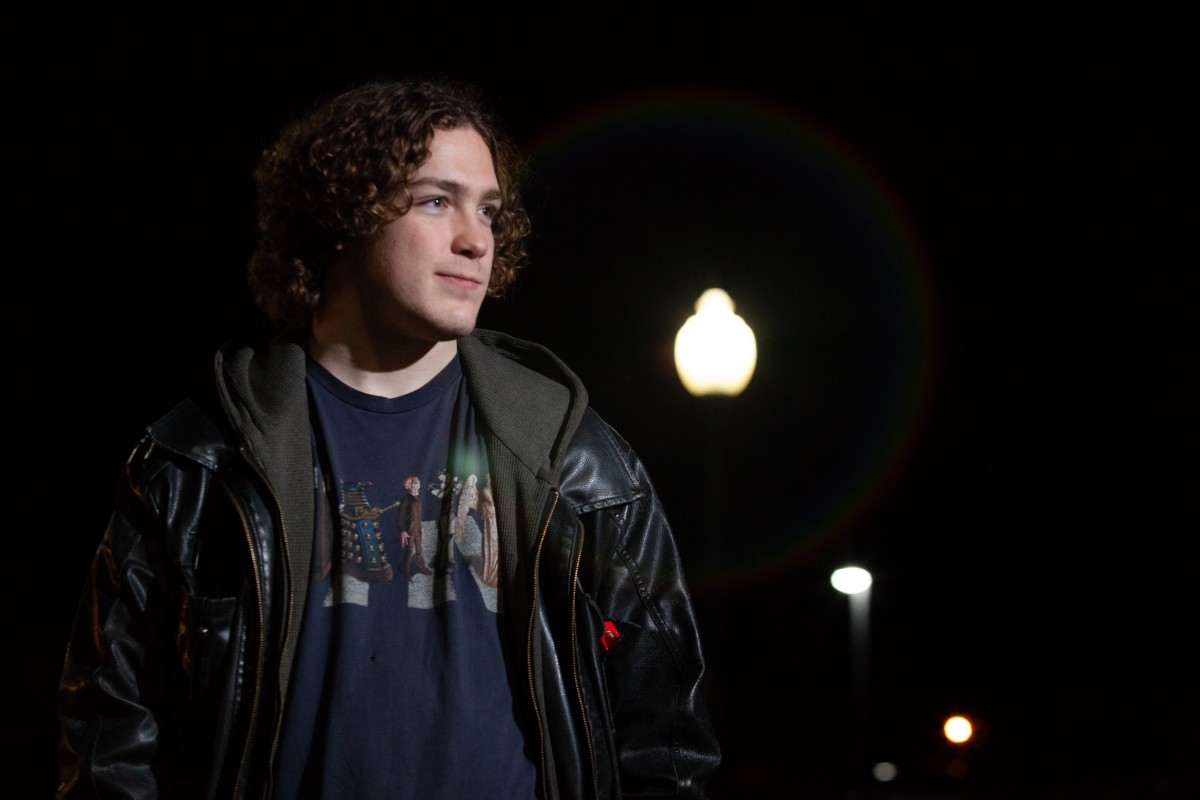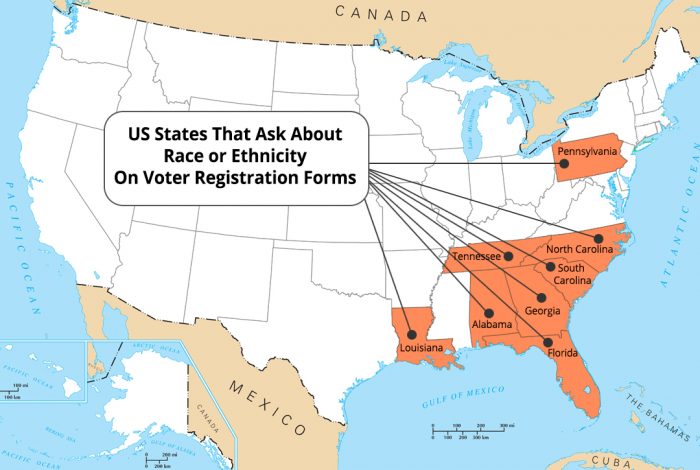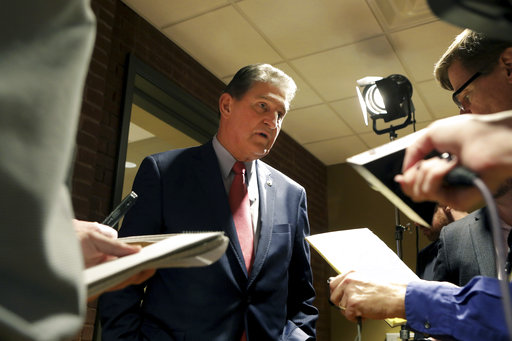Nicholas Chaffins saw a need for change.
On March 14, Chaffins, then a junior at Morgantown High School in Morgantown, West Virginia, joined his peers to walk out of their classrooms to protest gun violence.
“If you talk to pretty much any student, we’re pretty fed up with it and we want something to change,” Chaffins said. “We were doing something. We were participating in activism.”
It was a month after the shooting at Marjory Stoneman Douglas High School in Parkland, Florida, where 17 people, including 14 students, were killed. Morgantown joined dozens of schools across the country in walkouts following the incident calling on their lawmakers to make changes to gun laws in their states.
But other shootings followed. On May 18, 10 people–eight students and two teachers– were killed in a shooting at Santa Fe High School in Texas.

“These walkouts, these protests, they’re not going to stop until something happens or we grow up and take their offices,” Chaffins said in an interview more than seven months after his first walkout.
Chaffins wants to see a more complete background check system in the U.S. and a ban on assault-style rifles.
And he’s not alone in those opinions. After the Parkland shooting, a group of survivors organized rallies and marches at their state and eventually the U.S. Capitol calling for increased background checks and stricter gun laws.
Closer to home for Chaffins, 100 Days in Appalachia and Inspire U.S., a nonpartisan organization that encourages high school students to be civically engaged, polled nearly 800 high school seniors in West Virginia about an array of political issues in September. More than half of respondents, 59 percent, either agreed or strongly agreed that there should be restrictions on access to semi-automatic weapons.
Courtney Ramage, a sophomore at Lincoln High School, in Shinnston, agrees with Chaffins that background checks should be more strict, but said once someone goes through an intensive review process, they shouldn’t face restrictions on what they can and cannot buy.
But Ramage said when she hears a loud noise at school, she gets scared.
“I feel like if there is a big noise, they should make an announcement and be like, ‘It’s nothing. It’s fine,’” she said. “To make sure we’re fine, not panicking.”
Sometimes, Ramage said, she feels uneasy in her school because of the rash of school shootings in the country this year. Alison Proffitt, who is also a sophomore at Lincoln, agreed that sometimes, she doesn’t feel safe at school. If her teachers were armed, Proffitt said, that might help.
“I think they should obviously have a background check, but I don’t think I would mind if teachers were armed,” she said. “I trust most of my teachers.”
The 100 Days in Appalachia poll found 34 percent of respondents agreed or strongly agreed with Proffitt that their teachers should be allowed to carry guns, but 46 percent opposed or strongly opposed it.
Chaffins said he would feel uneasy if his teachers carried firearms.
“In my view, guns shouldn’t be in school at all,” he said. “If the problem is guns, you shouldn’t be handing out more guns.
Chaffins hasn’t always had an interest in government, but recently, that’s changed.

“Now that I just see that there’s nothing happening about an issue of our time, I’m very invested in government and what people have to say about it,” he said.
Young people are notoriously known for having low voter turnout rates, but if that would change, political pundits believe they could potential swing a number of elections.
100 Days in Appalachia’s poll found half of the respondents who are eligible to vote in Tuesday’s midterms said they would definitely cast a ballot compared to just 3 percent who said they definitely would not.
This story was produced as part of a social justice reporting collaboration between Morgan State University’s College of Global Journalism and Communication and the Reed College of Media at West Virginia University.



